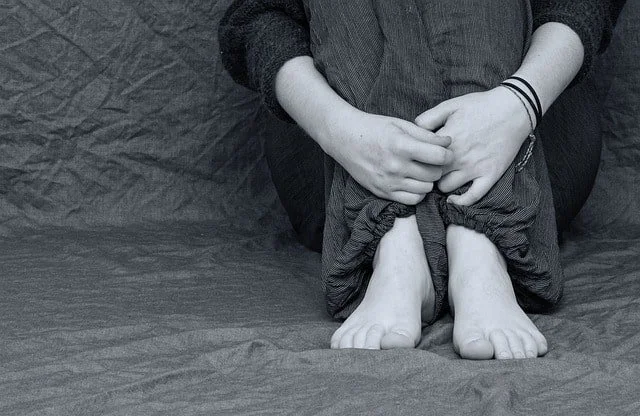Why Immigrants Are Experiencing Record Numbers of Depression
By Hortencia DiazEven the most casual look at human history will reveal far too many instances of oppression, conflict, and more. Up until very recently, most of these harmful events were not experienced in real-time. Depending on where the situation occurred, it could take a while before all the details began to emerge. Obviously, things have changed.
The recent coverage of events broadly categorized as “immigration” is more than anyone can truly process. Between clickbait intentionally designed to stir our emotions and all the digitally enhanced fake news, it’s easy to slip into a state of despair. Whether you’re an immigrant or not, this issue can negatively impact your mental health, and that includes depression.
Mental Health Trends Among Immigrants
It’s not just what’s euphemistically known as “the border.” Immigrants of all stripes and designations are living in a new kind of discrimination. Before the internet, cellphones, and social media, there wasn’t a 24/7 spotlight on everything being deemed a top story. These days, news reports (true, false, or some combination of the two) have sparked a growing audience to form strong opinions based on very little evidence. On top of that, everything is photographed, filmed, and taken out of context.
Documented or undocumented, immigrants are targeted for campaigns that impugn their reputations. However, when such a person cannot get help for a condition as serious as depression, they can appear angry, listless, unmotivated, and worse. Why? Because that’s what happens to people with depression who don’t get the help they need and deserve.
It should come as no surprise that rates of psychological distress among immigrants increased 140 percent in recent years (especially for those without English proficiency). However, such people may not have access to mental health care for a wide range of reasons. Without proper treatment, it’s as if a self-fulfilling prophecy is in place.
What is Depression?
Far more than a case of feeling sad, major depressive disorder permeates a person’s life. It brings with it persistent sadness, a loss of interest in what we once enjoyed, and makes us feel life is not worth living. It’s not something from which anyone can “snap out of” or “cheer up.” Depression is a diagnosable disorder that causes signs and symptoms like:
Irritability and angry outbursts
Loss of concentration and a slowing down of physical movements
Sleep disturbances
Low energy
Hopelessness or emptiness
Physical symptoms for which there is no obvious cause
Feelings of guilt, shame, and worthlessness
Thoughts of self-harm and suicide
Now, outside the imposed parameters of political debate, imagine feeling like that while trying to navigate a hostile world. Of course, it’s more challenging for immigrants without a green card and for those who struggle with the English language. But even immigrants living in the U.S. for many years are more likely to have met social, medical, and financial needs. They are judged by standards prescribed on social media managed by artificial intelligence algorithms.
If left unchecked, all of the above become a self-perpetuating cycle that harms everyone in one way or another.
What Can Be Done?
In a broad sense, we need a profound shift that begins with each of us. However, since folks on the ground don’t have the luxury of waiting for a revolution of awareness and compassion, we also need practical steps right now. While the specifics of immigration policies are parsed out, those who are suffering from conditions like depression need access to evidence-based care. Depression can be successfully treated. In this scenario, it will require a willingness to provide individual help while the collective issues are managed.
If the current state of immigration is causing you to slide into despair, therapy for depression can help, and I’m only a phone call away.

